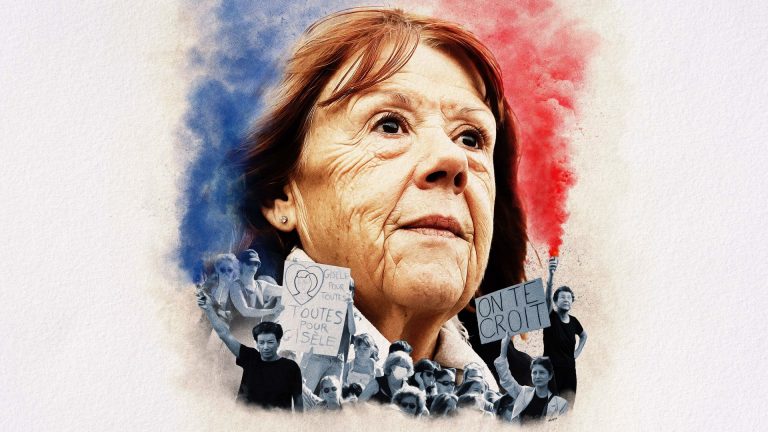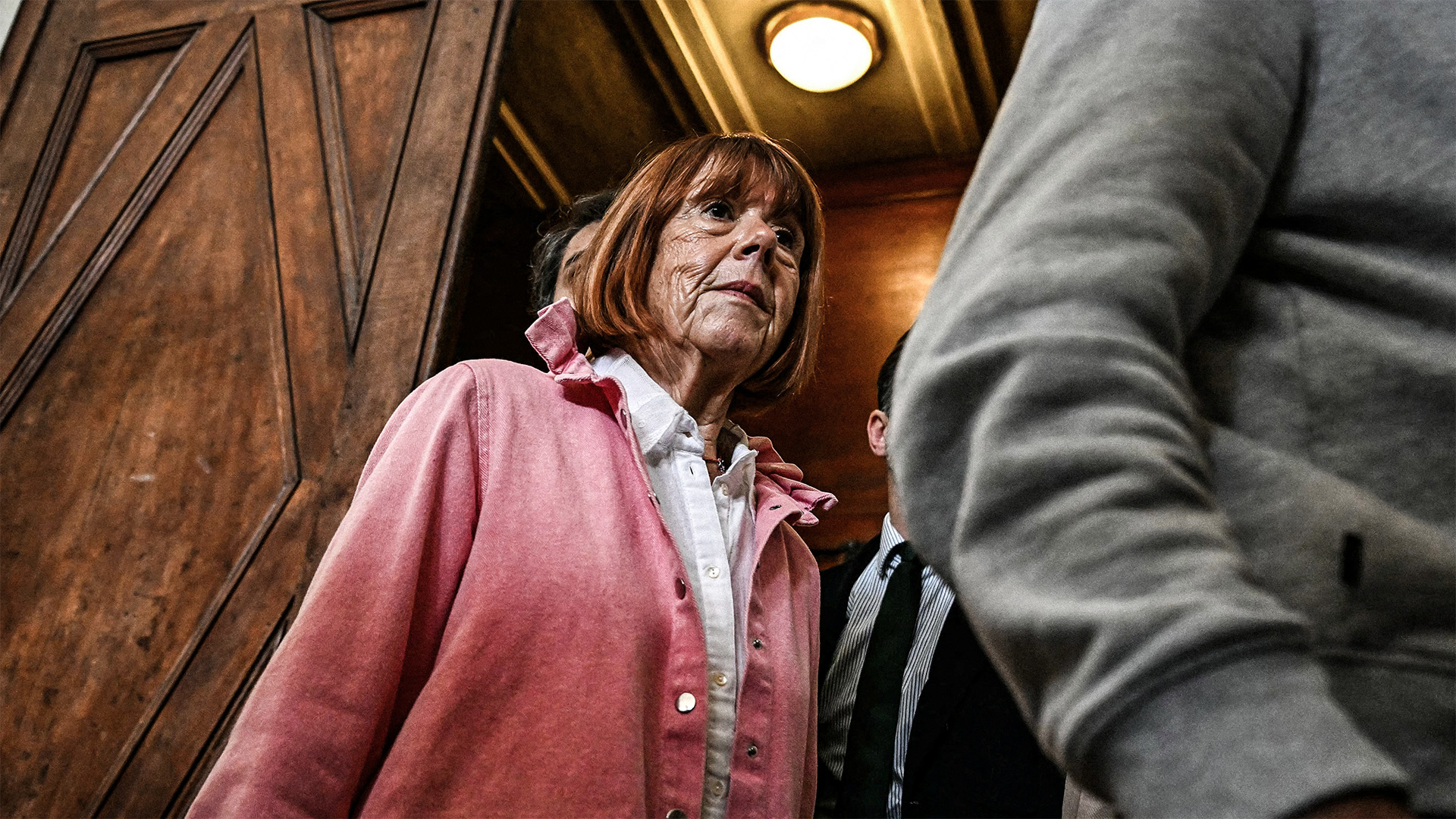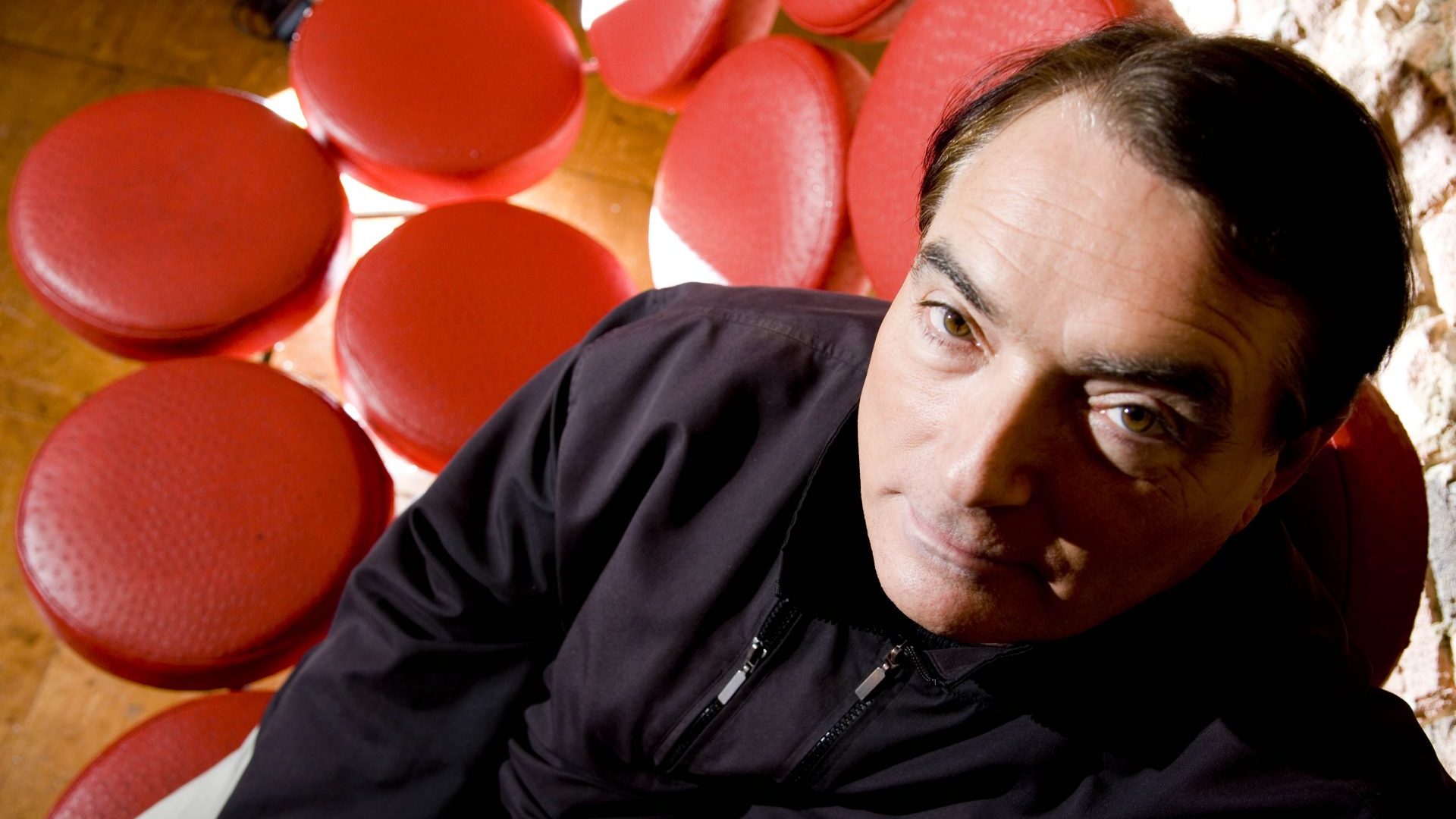“Have I been wrong about the world I live in?” Last November, this single thought ran through philosopher Manon Garcia’s mind as she arrived outside Avignon’s Palace of Justice, the courthouse where the trial of Dominique Pelicot was taking place. Her first day in Avignon was also the same day Donald Trump won the US presidential election.
“There was something very anxiety-inducing in this. I lived in the US for nine years and so it felt like a really personal experience that the two things were overlapping,” Garcia explains.
For almost a decade, Gisèle Pelicot was unknowingly given sedatives by her then-husband, Dominique, who admitted to raping her and recruiting men online to have sex with her, in her bed at home in Marzan, while she was unconscious.
Dominique was sentenced to 20 years in prison and of the 50 co-defendants, 46 were found guilty of rape, two of attempted rape, and two of sexual assault. Earlier this month, Husamettin Dogan, who was sentenced to nine years is prison, unsuccessfully appealed his rape charge. His sentence was increased to 10 years.
The mass rape trial outraged the world. On one hand, Garcia wanted the defendant’s abhorrent behaviour to belong in the past, but the news was telling her that men like this might be the future. “That was scary,” she remembers, unable to shake the feeling that the world was going backwards.
Garcia stayed in Avignon for the remainder of the trial and heard her book The Joy of Consent quoted as Antoine Camus, Gisèle’s lawyer, made his closing remarks. Day after day, Garcia witnessed the trial, even watching videos of Gisele’s rapes that Dominique had taken. The police found 20,000 of them.
Her latest book, Living with Men: Reflections on the Pelicot Trial, offers an answer to the question that haunts her the most: Can women live with men, and if so, what is the price we must pay? Writing as both a philosopher and a woman, it’s part visceral academic exercise, part searing feminine rage.
“I wrote the book in a moment of acute lucidity about sexual violence and how much it permeates the world,” she says, adding that writing Living With Men allowed her not to be traumatised by the evidence, compared to journalistic colleagues filing daily copy from court. “They had to write in the process, but then it was gone and they were supposed to move on with it,” she says.
Garcia, however, felt like she wasn’t supposed to leave Gisèle behind.
The opening pages of Living with Men document Garcia’s arrival in Avignon. Les colleuses, feminist activists, had decked the city walls with large banners declaring: “Rape is rape”. It was a response to a claim by Guillaume de Palma, one of the defence lawyers, that the mass rapes Gisèle had endured weren’t ‘real rapes’.
In the queue for the courthouse, women held each other’s place in line, presenting offerings of coffee and croissants. But it was two men who caught Garcia’s eye.
She recalls how, a few minutes before the gate opened, several men made their way to the front. “My first thought is that they are trying to jump the queue, but then I decide they must be waiting for some other trial,” she wrote. Then, she admits, the obvious dawns on her: they’re the defendants.
Of the 50 men accused alongside Dominique, the majority were not being held in custody. Later in the book, she remembers walking around Avignon, asking herself if any of the men she can see are one of the 30 men from Dominique’s videos that the police failed to identify.
“It’s like an optical illusion,’ she says. “You know, the one where you can either see the duck or the rabbit, and you don’t know what you’re seeing exactly? Because I was seeing normal men, or thinking of all the men I know, and I was seeing rapists. In a certain way, even I was taken in by this myth that rapists are different from normal men.”
Suggested Reading


Gisèle Pelicot, person of the year 2024
At this point, I think of my best friend at university. In our first year, she was raped and as we sat on her bed, stripped of its sheets, she told me how she felt she could never report it and that it was her fault. ‘He seemed like one of the good guys’, she had told me.
“We need to understand that the good guys rape,” Garcia says when I share this with her. “What happened in this trial is that so many people came to testify about their accused friends or partners, saying, ‘He can’t have done this. He’s a good guy.’ For instance, one was training the police in karate, and many of them came to say things like they would ‘welcome him in the force anytime’.”
Garcia is referring to Joseph Cocco, a 69-year-old retired karate teacher, who trained police officers for 25 years. He visited the Pelicots’ home in Marzan in June 2020 when Romain Vandevelde, another defendant, was also present.
Cocco denied the charges of sexual assault, claiming he only caressed Gisèle and, when he heard her snoring, asked Dominique what was going on before insulting him and leaving. He said: “If I knew he’d filmed me, I would have reported him. If I knew he drugged and raped his wife, I would have reported him. It’s not that I was scared, I didn’t know.”
In the trial, several officers turned up as character witnesses for Cocco, one of whom said, “I can spot liars and he isn’t one.”
“What I found interesting is that people think the fact that someone is a good guy means he can’t rape. Practically, it’s not true. But it was also the fact that he has raped doesn’t change the fact that people see him as a good guy,” Garcia says.
Another defendant, Patrice Nicolle, who was found guilty of rape and sentenced to eight years in jail, received a character reference from his girlfriend, whom he had only met 16 months earlier, after he was charged. “He treats me like a princess”, she told the court.
One of the judges also asked Omar Douiri, a 36-year-old found guilty of aggravated rape and sentenced to eight years, if he could put himself in Gisèle’s shoes. “Not at all,” he replied.
For Garcia, the issue lies with what men perceive as “real violence”, and perhaps nothing encapsulates this more than comments from the mayor of Marzan, Louis Bonnet. Last September, as the trial began, Bonnet belittled the case in an interview with the BBC, stating that it “could have been far more serious” as “there were no kids involved” nor were any women killed.
“There’s no other crime where we think: ‘Well, that’s unfortunate, but it happens’,” Garcia tells me, and it was a conversation with a Daily Mail journalist that confirmed her suspicions of this. One day, Garcia found herself on a bus with the reporter and when she asked how the trial was affecting him, he was perplexed. “It’s just a job, you know, this is nothing. I went to Israel and I went to Ukraine. I’ve seen way worse,” he said.
“He was extremely patronising,” she says, but when I ask her how she responded she smiles. “I asked him how it felt to be a tabloid journalist. So, I fought back.”
Suggested Reading


How to stop rape culture
Garcia, however, has changed, both as a thinker and a woman. “I’d say sometimes I snap a bit faster than I used to at men. I also have less patience than I used to have for weaponised incompetence,” Garcia admits, but the impact of the Avignon courtroom runs deeper than this.
In Living with Men, Garcia documents her routine after the trial. She recounts how difficult it was to play with her children, knowing about the particular set of messages one of the defendants sent to Dominique. She also explains how she now struggles with sleep due to its “unbearable vulnerability”.
She writes how one evening, she took cough syrup when she was unwell but due to its strength, she overslept the following day until 11 am. When her husband explained how he and the children couldn’t wake her, she replied: “At least you know what to use to Pelicot me.”
That is what consumes her normality after the trial: an “excruciatingly dark sense of humour”. Most striking of all, she documents how she only feels real peace when her husband is beside her before adding that, statistically, it’s he who poses the greatest threat to her.
“I’m very happily married. But I think it made me see how even my husband is part of it,” she says. Garcia is now “more acutely and emotionally aware than before” of how all men helped build a system that permitted what happened to Gisèle. “The way men have been taught to love us is too close to hatred,” she adds.
Living with Men leaves you thinking if women can do just that and I wonder if Garcia has left the smallest gap for optimism. On the final day of the trial, she writes how she felt less like a “lone voice in the wilderness” than she did on the previous days and how she endeavours to keep Gisèle’s face in her mind for everything she does.
“Do you believe we can live with men?” I ask her and she pauses. “Let’s just say I have faith that living with men could get better. That’s as far as I’m willing to go.”
Living with Men: Reflections on the Pelicot Trial, by Manon Garcia is published by Polity Books




